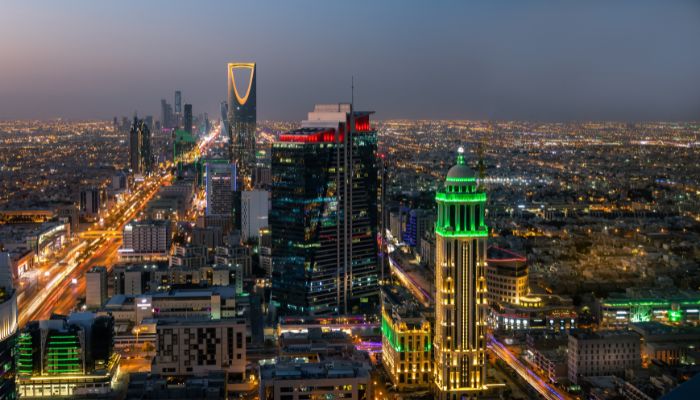
Saudi Arabia has passed a historic new law that allows non-nationals and foreign entities to own and benefit from real estate in the Kingdom.
The law was published in the Umm Al-Qura Gazette and picked up by the Saudi Gazette, and will become effective in 180 days from the publication date.
Saudi Arabia's real estate market new laws
The law allows ownership and rights, such as usufruct and long-term leases, to be transferred to non-Saudi individuals, businesses, and non-profit organisations in certain zones to be designated by the Council of Ministers, with limits depending on the type of property, its use, and its location.
While the law is expansive, there will still be restrictions surrounding property ownership in Makkah and Madinah. Property in both of these holy cities remains closed to non-Muslims, with a few exceptions allowed for individual Muslims.
Moreover, the law does lift the previous restriction for nationals of Gulf Cooperation Council (GCC) countries, who are now permitted to own property in these cities with guidance and requirements.
The Council of Ministers will consult the Real Estate General Authority during the implementation, which includes identifying eligible areas, determining limits on ownership, and when the rights could be exercised.
Foreign residents will be able to own a single residential property for their use without being in a restricted area.
All foreign buyers must register with Saudi authorities to validate ownership. A transfer fee of up to 5% applies, and violations could lead to fines of up to SAR 10 million or forced property sales.
This law replaces the 2000 Royal Decree No. M/15, signalling a major step in Saudi Arabia’s effort to attract global investment into its real estate sector.
















